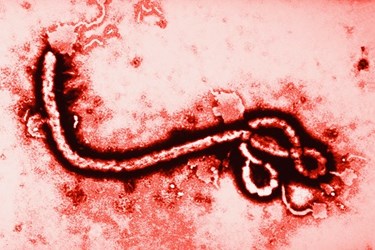Hospitals Remain Concerned About Ebola Threat

By Christine Kern, contributing writer

Congress has allocated over $5 billion to the fight against Ebola, including $800 million for hospitals.
Though there have been no new cases of Ebola in the United States, the epidemic continues to wreak havoc on the African continent, where it is spreading fastest in Sierra Leone, according to the latest reports. Meanwhile, as American fears abate, Congress has just allocated over $5 billion to the fight against the Ebola epidemic, with most of those funds being earmarked for use internationally, according to the spending bill.
But behind the scenes, even as Americans seem to be forgetting about Ebola, Reuters reports the epidemic has accelerated changes in the ways in which healthcare institutions address the threat of infectious diseases. Among the limitations doctors and healthcare providers face is access to analytical functions that would allow information sharing with colleagues that would be efficient. This is despite the $25 billion federal investment to transition to EHRs over the past five years.
But Ebola has highlighted these limitations in a new and poignant way. “Ebola has brought it to the forefront,” Judy Hanover, research director for IDC Health Insights told Reuters. “We need intelligent, thinking systems that help providers put two and two together and make decisions.”
The crucial element is the lack of interoperability between systems. Marc Probst, CIO for Intermountain Healthcare, told Reuters, “We are losing lives and billions of dollars by not having interoperability.” The Ebola outbreak is pressing healthcare providers to develop data-sharing standards and improve collaboration efforts.
“The epidemic is still ongoing in West Africa, so the state of readiness, the need for readiness and vigilance continues,” Mary Bassett, health commissioner at the New York City Department of Health and Mental Hygiene, told Bloomberg. “We may have another imported case. So far there have only been two, but we never know where one will be. Who would’ve thought the first case would be diagnosed in Dallas, Texas?”
